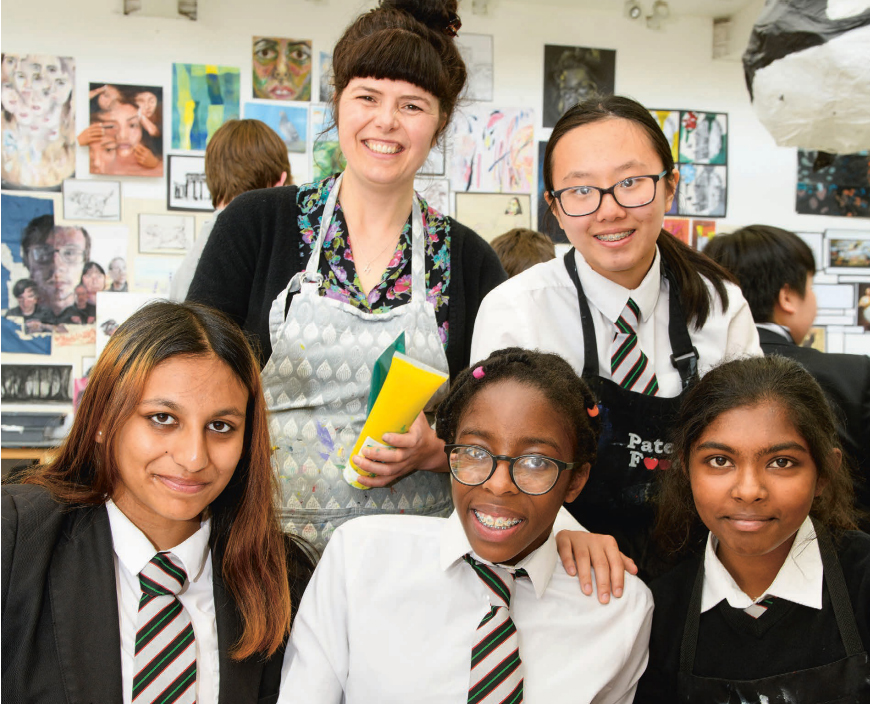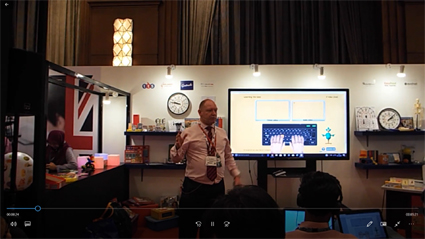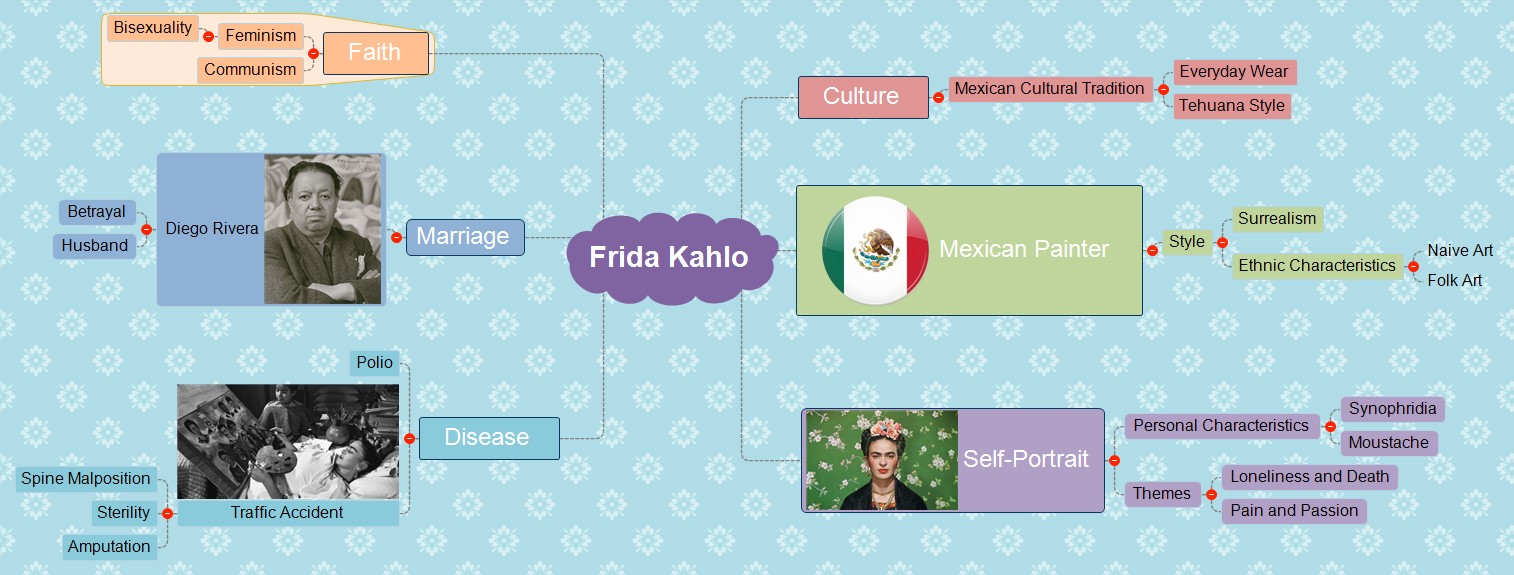Schools like to hang on to their pupils until they are 18. This has been a bugbear for FE colleges for many years as they feel they do not get a fair hearing. Schools claim a closer personal relationship with their students, better pastoral support and argue that they have a good reputation when it comes to getting university places.
Things have changed dramatically in the last year or so. Just this week, Sheffield Hallam announced it is suspending its degree in English Literature; last week it was announced that there will be fewer places for medical students this year. Maybe it is time to reconsider. Why would young people struggle to get one of a decreasing number of uni places and rack up enormous debts when there are other options?
On 20 June 2022, the government issued its consultation on revised statutory guidance on access to schools for education and training providers. It will enforce a legal requirement, ‘making sure that all secondary schools open their doors to other education and training providers.’
Baker Dearing Education Trust chief executive, Simon Connell, points out that with the introduction of T Levels young people want to know more about the technical options on offer from UTCs, colleges, and training providers, in concert with employers. He believes that ‘the department ought to come down hard on schools who try to cheat pupils and providers by using pre-recorded videos or simply distributing literature on technical options.’
UTCs offer a totally different education as Christopher Simpson found out.
He is now an IT Systems Administrator with Z-Tech Control, a company that provides specialist electrical, control and instrumentation support to the UK’s water, power and rail industries. They funded him to do a degree level apprenticeship in Digital Technologies.
‘I would not have got this apprenticeship if I hadn’t gone to Greater Peterborough UTC,’ he said. ‘At my school the only path was university. I found this difficult as I could never truly picture myself there. The way they taught at the UTC really helped ground what we were learning in reality. This feeling was reinforced by the near constant involvement by sponsors so we knew we were learning something that was useful, rather than an abstract concept that would never see the light of day. GPUTC gave me a chance to see and connect with employers and find what I wanted to do.’
Read more bout the consultation here. The closing date for responses is 25 July 2022.


 It’s that time of year when primary teachers are casting roles in the nativity play. This morning I received research results from
It’s that time of year when primary teachers are casting roles in the nativity play. This morning I received research results from  Often schools look for clubs as an antidote to technology promoting outdoor pursuits and a break from screen time. All good arguments but there is still a place for learning touch typing.
Often schools look for clubs as an antidote to technology promoting outdoor pursuits and a break from screen time. All good arguments but there is still a place for learning touch typing. The children I was working with at the time were very enthused by it, especially being able to challenge each other with their typing speeds. Many were also partly motivated by the fact that I had set them a personal challenge to exceed my typing speed.
The children I was working with at the time were very enthused by it, especially being able to challenge each other with their typing speeds. Many were also partly motivated by the fact that I had set them a personal challenge to exceed my typing speed. Today March 16th 2019 is Disabled Access Day.
Today March 16th 2019 is Disabled Access Day.


 It is one of those things that is noticeable by its absence for example Gena who turns up with all the wrong things in her school bag. We all do this from time to time but not every day!
It is one of those things that is noticeable by its absence for example Gena who turns up with all the wrong things in her school bag. We all do this from time to time but not every day! here is loads of good stuff for people with dyslexia: Debra Charles is doing one of the keynotes. She is
here is loads of good stuff for people with dyslexia: Debra Charles is doing one of the keynotes. She is As someone who uses Autocorrect on Word and types entirely in abbreviations, I am keen to see Global AutoCorrect which works with all programs from presentation software to emails, the web and social media. It frustrates me when I have to type every letter on Facebook. Maybe now I won’t have to.
As someone who uses Autocorrect on Word and types entirely in abbreviations, I am keen to see Global AutoCorrect which works with all programs from presentation software to emails, the web and social media. It frustrates me when I have to type every letter on Facebook. Maybe now I won’t have to.